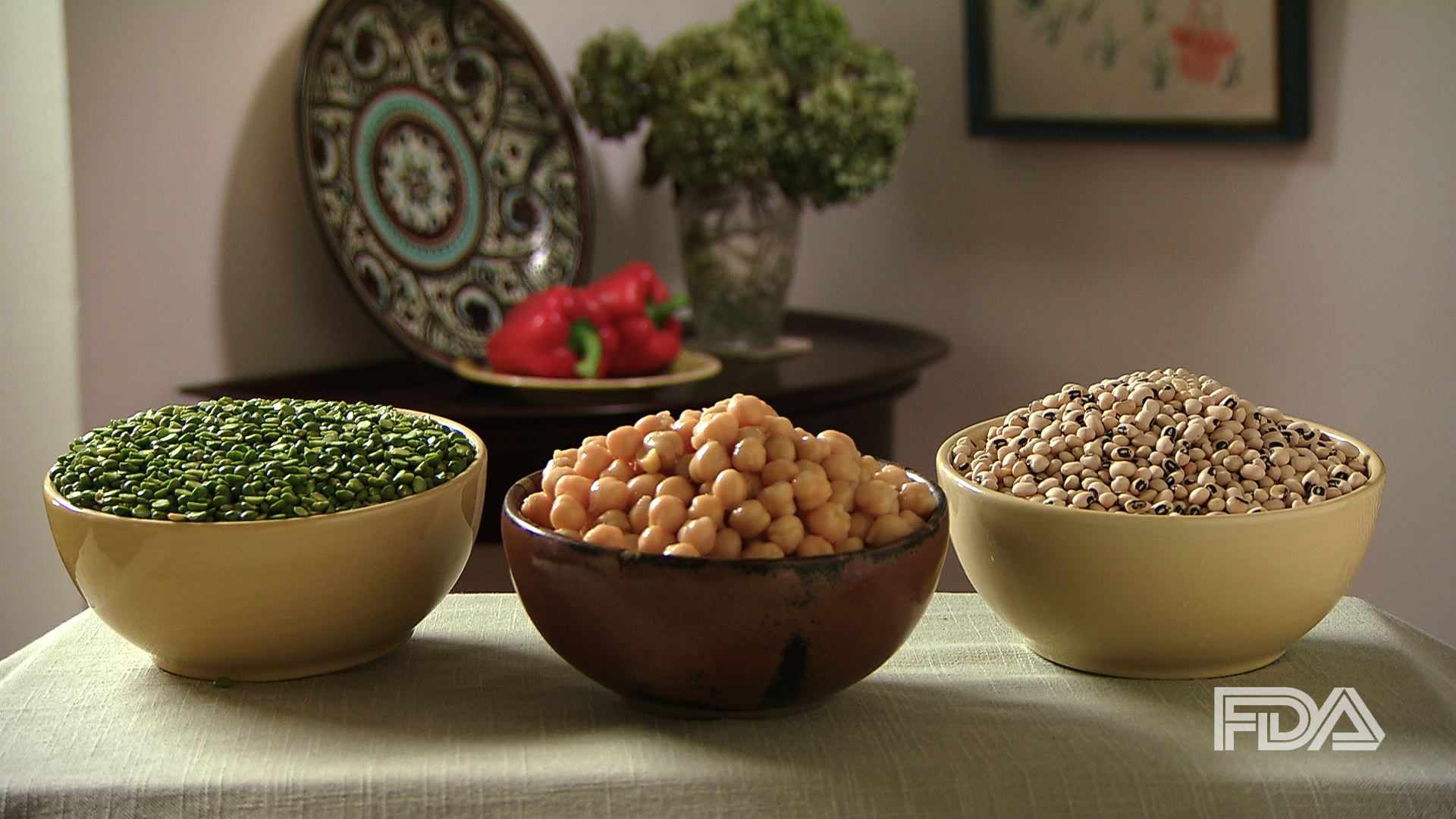Magnesium (Mg) is a mineral present in nature, plants, animals, and humans. Yes, we have magnesium in our body and we need it in our daily life. But, does magnesium help digestion?
Fun fact: Your bones contain around 60% of the magnesium in the body, followed by the muscles, soft tissues, blood, and other fluids.
Around 300 chemical reactions in the body involve magnesium.
It’s that important!
The body even has its mechanism to help keep magnesium in the body. The kidney, in particular, helps avoid magnesium loss in the urine.
Here are some of the main functions of magnesium in the body:
- Muscle contraction
- Nerve function
- Heartbeat strength maintenance
- Keep the immune system strong
- Blood glucose control
Magnesium and the heart
Okay, so magnesium plays a vital role in the contraction of the heart. But, studies showed that it goes beyond that. Even though it is only a small margin, magnesium supplementation to hypertensive participants resulted in a reduction in small diastolic blood pressure.
There is also a possibility of reducing the risk of stroke when taking magnesium-rich food. Remember that no food item only contains a single nutrient. So, other nutrients in the magnesium-rich food might have affected the stroke risk reduction study. Other clinical trials that will test the contribution of magnesium in food or supplements to the prevention of cardiovascular disease must be done to confirm this effect.
Magnesium and Type 2 Diabetes
Another great contribution of magnesium is in the metabolism of glucose. This means that high magnesium diets may result to lower diabetes risk. The lack of enough magnesium in the body, or hypomagnesemia, is a common condition for diabetics. It worsens insulin resistance.
Why? Because of diabetes, magnesium is further lost in the urine…
Reduced magnesium means reduced glucose metabolism…
Reduced glucose metabolism means increased diabetes risk.
But, further studies involving supplementation of magnesium to improve glycemic control is needed. So far, there is no clear scientific evidence about the benefits of involving vitamin and mineral supplementation to people with diabetes and nutritional deficiencies.
Does magnesium help digestion?
Among the hundreds of chemical reactions in the body involving magnesium, some of them are for digestion. It involves enzyme activation that assists the body in breaking down food. These enzymes help the body digest food to break it down into smaller particles.
Magnesium is also involved in the synthesis of protein and energy production. Another function of magnesium is that it helps transport calcium and potassium across cell membranes. So, what do these two do?
Well, they help contract the muscles, give the heart a normal rhythm and nerve impulse conduction.
Remember how the digestive tract is made of muscles? This is how it can contract and expand for the food to pass through. Yep, even if indirectly, magnesium also has a role to play in this. This is why there are some laxatives and antacids that use magnesium as an ingredient.
Each person needs a different quantity of magnesium intake depending on sex, age, and health status. There are also different reasons for magnesium deficiency to happen, which are:
- Having celiac disease
- Getting chronic diarrhea
- Having other digestive disorders
- Taking certain pills like antibiotics
- Being a chronic alcoholic
If you’re concerned whether you are getting enough magnesium, worry not because magnesium is a common mineral in plants and animals. Most green leafy vegetables have magnesium. As a general rule, food with fiber also has magnesium. Some examples of these are:
The Regulator
The kidneys help keep magnesium, but it also helps remove the excess through the urine. Magnesium does not pose a threat if taken from food, but too many supplements and medication may cause some problems. Some of the symptoms are nausea, abdominal cramping, and diarrhea. Another problem is if you took large doses of laxatives that have magnesium. This can lead to various symptoms which can be fatal in some cases.
So, does magnesium help digestion? Yes, but there are so many processes that magnesium is involved in to give an exact answer to this.
Magnesium plays a vital role in the health of a person, and the good news about it is the body has its magnesium retention and removal processes. It is also available in a wide variety of food such as vegetables, fruits, whole grains, and milk products.
Remember that it is better to get your magnesium needs by having a balanced diet than relying on supplements. But, if you have pre-existing conditions that will hinder your magnesium consumption and utilization, it is best to talk to your physician about taking supplements.
Are you amazed by the support mechanism of magnesium in the gut? What is your favorite magnesium-rich food?
[thrive_toggles_group”][thrive_toggles title=”References” no=”1/1″] https://www.healthline.com/nutrition/10-proven-magnesium-benefits#section1 https://en.wikipedia.org/wiki/Magnesium https://ods.od.nih.gov/factsheets/Magnesium-HealthProfessional/ https://www.webmd.com/vitamins/ai/ingredientmono-998/magnesium https://www.ncbi.nlm.nih.gov/pubmed/12182758 https://www.webmd.com/vitamins/ai/ingredientmono-998/magnesium https://www.livestrong.com/article/480704-magnesium-digestion/ https://www.health.harvard.edu/staying-healthy/what-you-should-know-about-magnesium2 https://www.cliffsnotes.com/study-guides/anatomy-and-physiology/the-digestive-system/structure-of-the-digestive-tract-wall[/thrive_toggles][/thrive_toggles_group]



